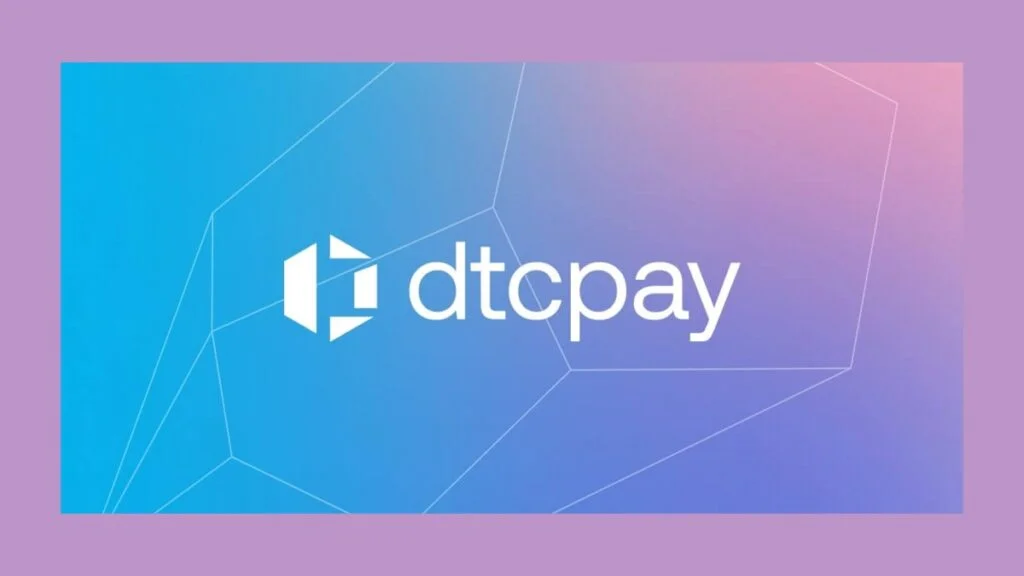A new payment system designed for cryptocurrency and conventional fiat currencies is about to be launched by Singapore-based firm Dtcpay.

According to reports, Dtcpay has partnered strategically with Allinpay International, a Chinese payment solutions provider, and PlatON, an open-source blockchain platform. The objective is to create a digital payment infrastructure that protects privacy.
The primary focus of the partnership will be the development of intelligent point-of-sale (POS) terminals that can handle multiple virtual currencies, such as Tether (USDT), Ethereum (ETH), and Bitcoin (BTC).
Dtcpay, formerly the Digital Treasures Center, has established a reputation for providing partners and merchants with cutting-edge digital currency payment solutions that let them accept payments in traditional and digital currencies.
Apart from its collaborations with PlatON and Allinpay International, Dtcpay has established partnerships with Sumsub, a verification platform. This partnership aims to improve the safety and dependability of digital currency transactions in important regions like Europe, the UK, Singapore, Hong Kong, and Dubai.
In Jeripay 8000 terminal network, the company teamed up with another Singapore-based company, PoS technology developer Jeripay, to include cryptocurrency into September.
The partnerships occur in the context of constantly changing cryptocurrency laws intended to provide better consumer protection in Singapore. Central bank digital currencies (CBDCs) are being investigated by the Monetary Authority of Singapore (MAS), which also licenses major cryptocurrency companies like Ripple and Coinbase as payment institutions.
Project Orchid, a retail CBDC research project, is an important part of this changing landscape, and it has finished its initial phase. Through a series of pilot experiments, the project brings together government agencies and big banks to create digital currencies for specific purposes.
The project study suggests that digital currencies not denominated in Singaporean dollars are gaining acceptance locally, even though retail CBDCs have yet to be widely accepted.
MAS is investigating the idea of programmable or automated execution of digital currencies suited to predetermined use cases to stay up to date with these advancements.
